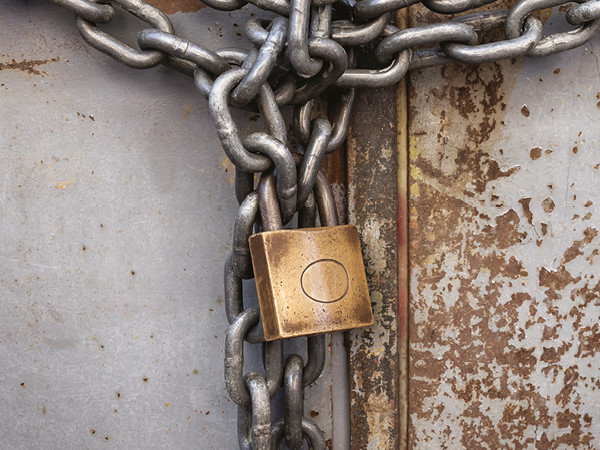
Riots cause major decline in sales as businesses temporarily close
Hospitality sales experienced a sharp decline last Wednesday as violent disorder and the threat of widespread rioting led to many businesses closing their doors and a significant drop in customer turnout.
According to UKHospitality, In areas where protests were rumoured to be planned, sales fell by as much as 40%, with some businesses reporting a dramatic decrease in footfall of up to 75%. Coastal towns were particularly hard hit, with numerous coach and day trips being cancelled. City centres also faced widespread cancellations of planned events, and many employees were instructed to work from home to ensure their safety.
Over the weekend, Business Secretary Jonathan Reynolds supported calls for insurance companies to take immediate action to assist affected businesses in their recovery efforts. Kate Nicholls, Chief Executive of UKHospitality, commented on the startling figures, noting the severe impact that the riots and the looming threat of further disorder have had on high streets and local communities.
“These figures are startling and show the enormous impact the riots, and threat of further disorder, have had on our high streets and communities,” Nicholls said.
“Bustling, vibrant city centres were turned into ghost towns as the public stayed at home and businesses shut.
“Thankfully, protests and riots didn’t materialise as feared this weekend and we can now turn to how we support our high streets to recover, at a time when many were already struggling with the affordability of running a hospitality business during challenging economic times,” she added.
Nicholls also stressed the role of hospitality in strengthening community ties and welcomed the government's support in expediting insurance claims. She emphasised that swift action on practical measures, such as processing insurance claims, will be crucial for businesses to regain their footing and resume normal operations.
The riots, which began on 6 August in Southport after the tragic stabbings, quickly spread across England and Northern Ireland, affecting cities like London, Manchester, Liverpool, Blackpool, Hull, Stoke-on-Trent, Leeds, Nottingham, Bristol and Belfast. The unrest involved violent attacks on police and properties, including hotels housing asylum seekers, with significant disturbances also reported in smaller towns such as Rotherham, Tamworth, Middlesbrough, Plymouth and Darlington. Over 400 arrests have been made so far, but the damage is not as extensive as the £400m cost of the 2011 riots.




